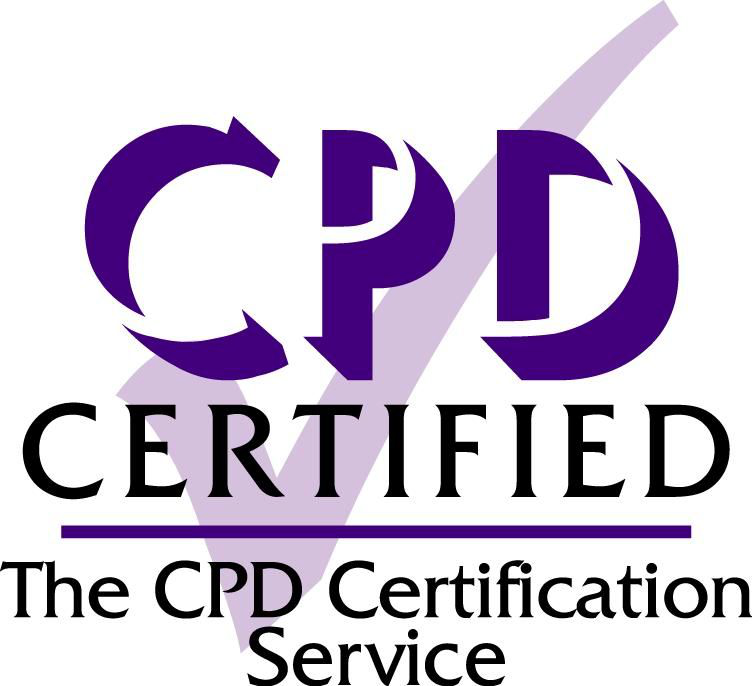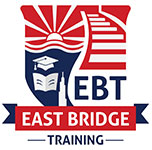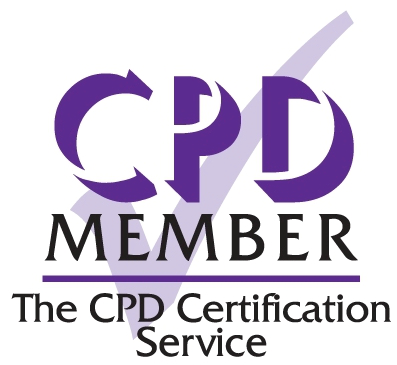Must Have Skills For Trainers
 Learning and development professionals work towards helping employees develop relevant workplace skills. For delivering successful training sessions, trainers need to constantly improve their skills too. Employee training is one of the most essential investments done by organizations, which is why trainers always need to be updated when it comes to their training skills and the tools they use to maximize effectiveness.
Learning and development professionals work towards helping employees develop relevant workplace skills. For delivering successful training sessions, trainers need to constantly improve their skills too. Employee training is one of the most essential investments done by organizations, which is why trainers always need to be updated when it comes to their training skills and the tools they use to maximize effectiveness.
A great trainer must have strong knowledge of the industry or the business model they work in. This in turn will make them efficient in building groundbreaking content for the training program.
Must-have Training skills for Learning & Development specialist –
Communication Skills
Training is all about interpersonal skills. In order to create interactive learning sessions, trainers need to be a communicative experts in dealing with all kinds of people. Communication skill is one of the top skills and if not acquired effectively, it can easily hamper the learner’s experience. it is not just about explaining the materials and concepts on the materials. A trainer's communication skills must highlight his unique ability to connect with each employee, help them individually to make the training delivery a successful experience for all.
Facilitating training session all need to motivating and engaging, hence, the communication skills must encompass good listening, explaining, questioning as well as giving constructive feedback. A potential trainer when harnesses communicative skills and takes it as a part of constant practice, she/he will be more accepted by the group.
Technical Skills
Today’s training is governed by the application of technology and the use of tech learning tools. Instructors and trainers must know how to integrate these tech tools and develop effective training materials with videos, presentations, editing, and other content tools and software. Learning how to operate technology effectively and also to use it in the training program to elevate the training experience is a priority that is undeniable.
Flexibility and Creativity
Both flexibility and creativity are going to add unique value to the training program. Since a lot of the time training delivery is more than about instructing, trainers need to adjust the training modules with the group as no two groups will be similar. This is where being flexible and getting creative to bring spontaneity can pay off.
Starting from being able to read the room to meet the needs of each employee is only achievable when there is enough space to make adjustments. Training solutions need to have an open-minded approach to enhance the training experience where the outcome of the training is directly reflective.
Assessment Skills
Last but not the least, evaluation is a must-have part of the training program. As it occurs at an individual and program level, this includes assessment of the training impact and also re-evaluating the structure of the training program. Learning and development specialists who can analyze the training programs from multiple levels will have a better view of the training module holistically. Since the training program emphasizes skill learning, trainers should be able to evaluate employees' knowledge or skills that they have retained at the end of the training sessions. The constant assessment can help trainers to ensure assessments are accurate and helpful.
Trainers’ Takeaway
Today’s trainers need to develop skills that are essential and also up to date. Each time industry takes a new turn, trainers need to come up with new training solutions to keep up with the shift in the market. This is a constant and ongoing process, professional trainer training course online can get training experts in delivering successful training to align training with business goals.
Above all, enthusiasm is the key for trainers to deliver learning that matches the organization's expectations as well as employees' need. This is a journey to keep learning new things themselves while you inspire others to do the same.
























